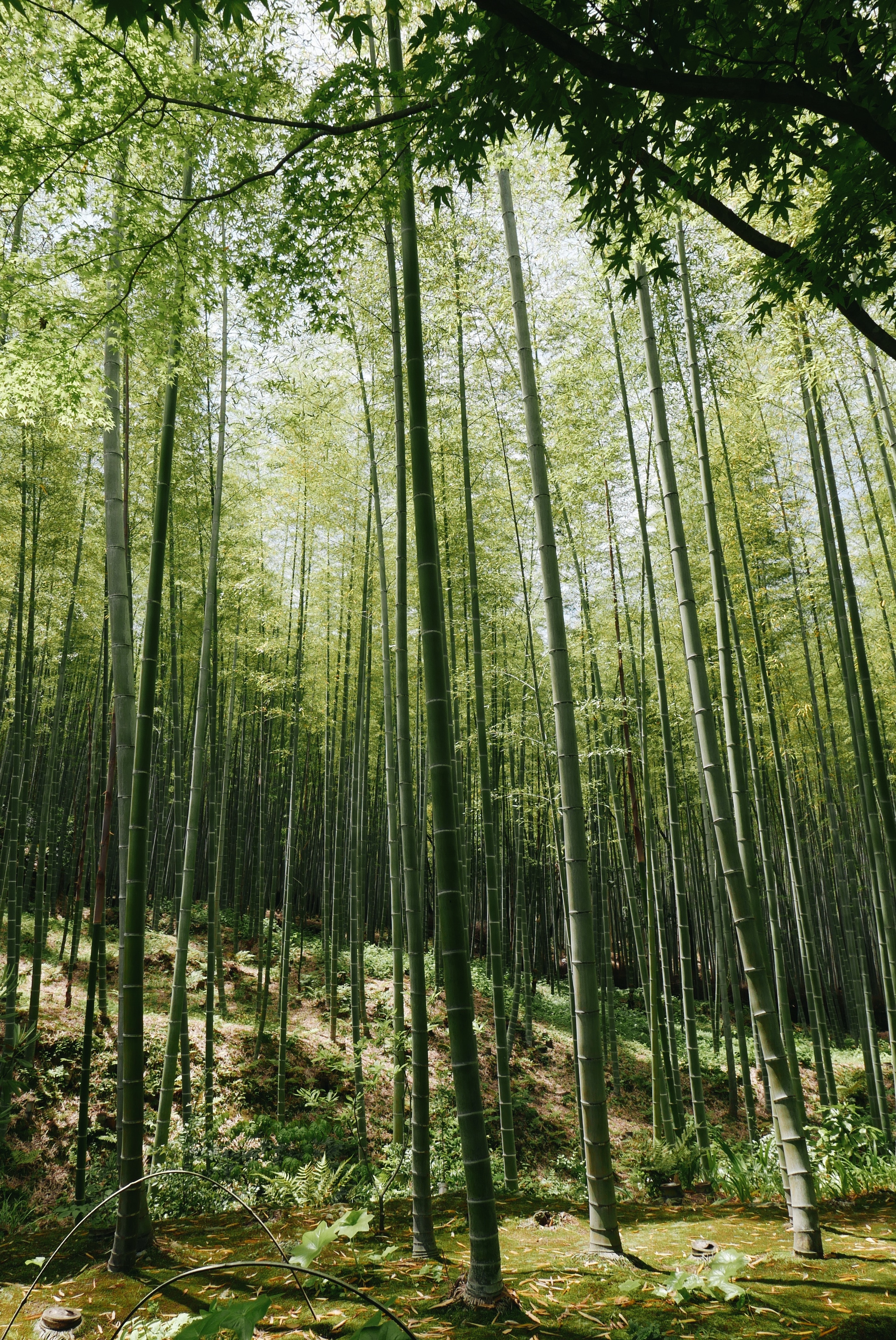The Origins of Bamboo Culture
The cultivation and use of bamboo in China date back thousands of years. As early as the Neolithic period, ancient Chinese people began utilizing bamboo to make simple tools and containers. References to bamboo can be found in the “Book of Songs” (Shijing), an ancient Chinese collection of poetry. The presence of bamboo in these early texts indicates its widespread use and cultural significance.
Historical Evolution
Over time, the role of bamboo in Chinese culture has evolved significantly. During the Qin and Han dynasties, bamboo became widely used as a writing material known as bamboo slips. These slips were used to record history and culture, establishing bamboo’s crucial role in the preservation and transmission of Chinese civilization.
In the Tang and Song dynasties, bamboo became a favorite among scholars and poets. Its upright, resilient, and unyielding nature was imbued with rich cultural meanings, symbolizing the virtues of integrity and perseverance. Famous poets such as Li Bai and Du Fu celebrated bamboo in their works, expressing their admiration and reverence for its qualities.
During the Yuan, Ming, and Qing dynasties, bamboo’s significance extended beyond literature and art, permeating architecture, furniture, and crafts. Bamboo furniture and utensils, known for their lightweight, durability, and eco-friendliness, became essential elements of daily life.
Modern Legacy
In modern times, bamboo culture continues to thrive. With growing environmental awareness, the sustainable use of bamboo has garnered increasing attention. Bamboo products are favored for their eco-friendly, renewable, and durable characteristics, becoming fashionable choices in contemporary home decor and lifestyle.
Moreover, bamboo has found new expression in modern art. Many artists use bamboo as a medium to create diverse and meaningful works of art, blending traditional heritage with modern elements. This fusion breathes new life into bamboo culture, ensuring its continued relevance in today’s world.
Bamboo culture, as an integral part of Chinese tradition, has endured for millennia, embodying deep historical roots and rich cultural significance. It reflects the wisdom and creativity of ancient Chinese people and embodies the resilient and unyielding spirit of the Chinese nation. In contemporary society, bamboo culture holds great practical significance and heritage value, deserving continued promotion and appreciation.
By studying the origins and historical evolution of bamboo culture, we can gain a deeper understanding and appreciation of this precious cultural heritage. This knowledge not only helps preserve and transmit bamboo culture but also provides inspiration and strength for building a better future.
Understanding the depth and beauty of bamboo culture allows us to appreciate its timeless relevance and universal appeal, bridging cultural gaps and fostering global appreciation for this unique aspect of Chinese heritage.
Post time: Jul-16-2024






